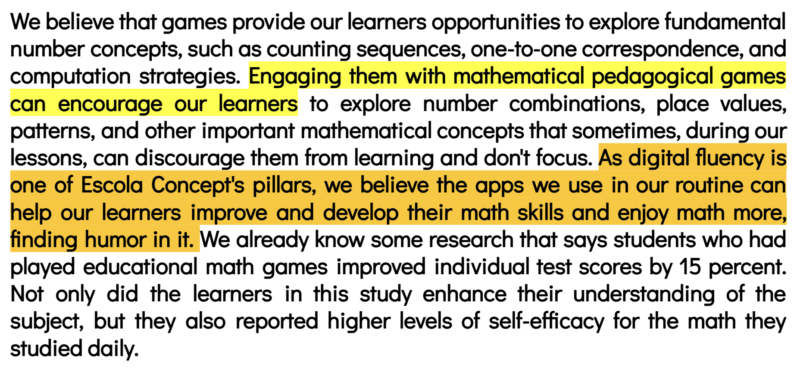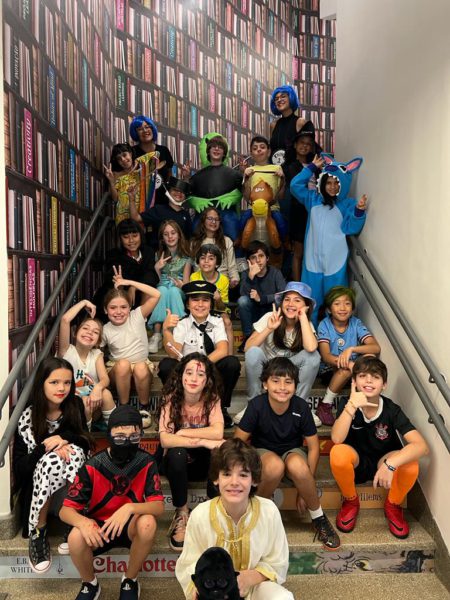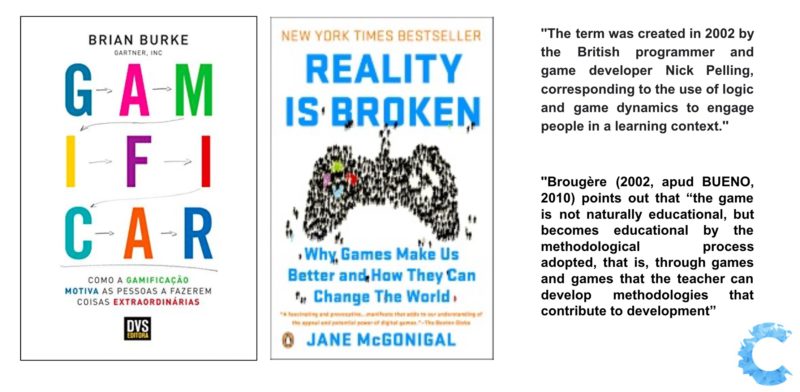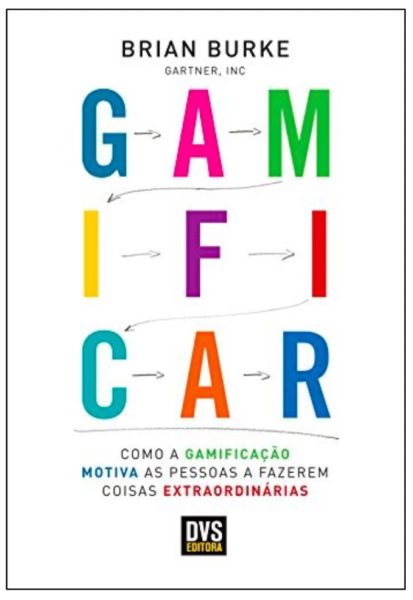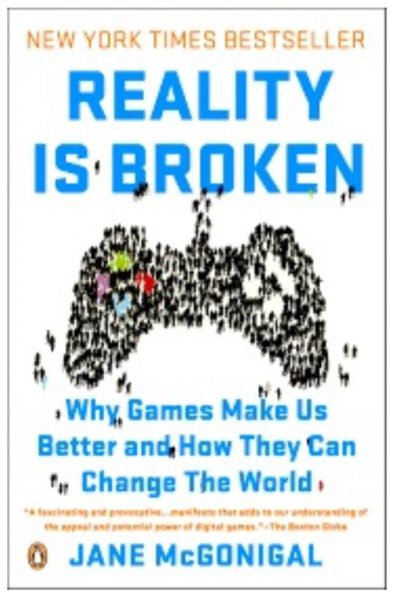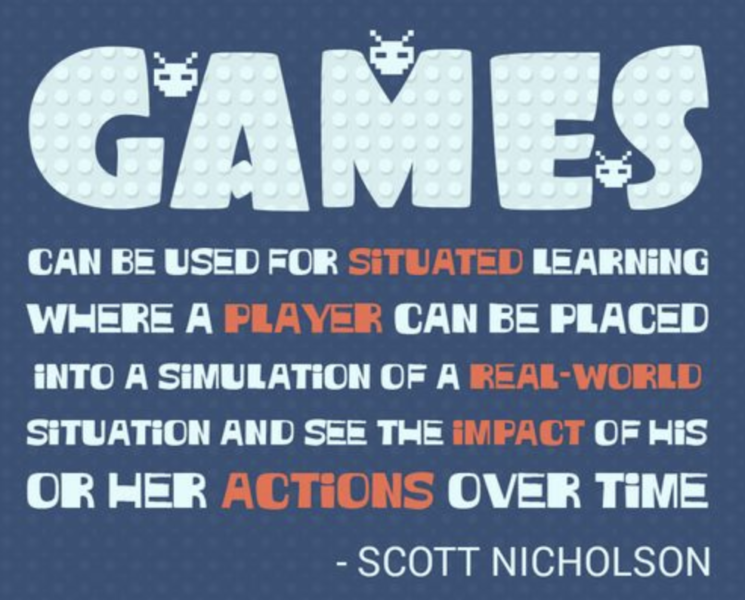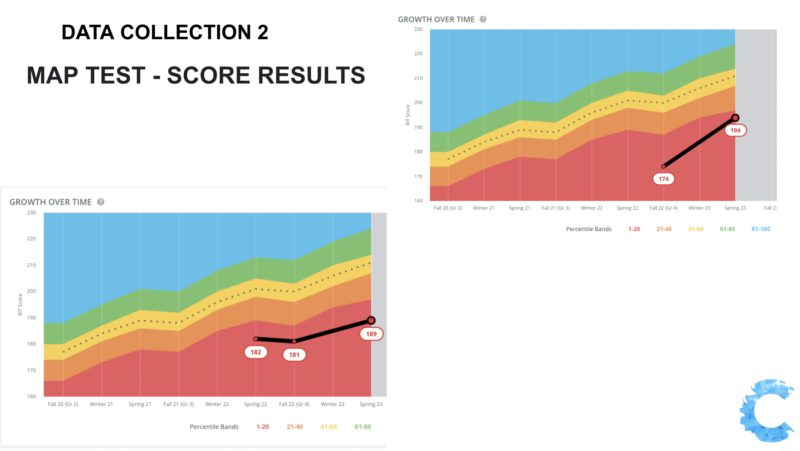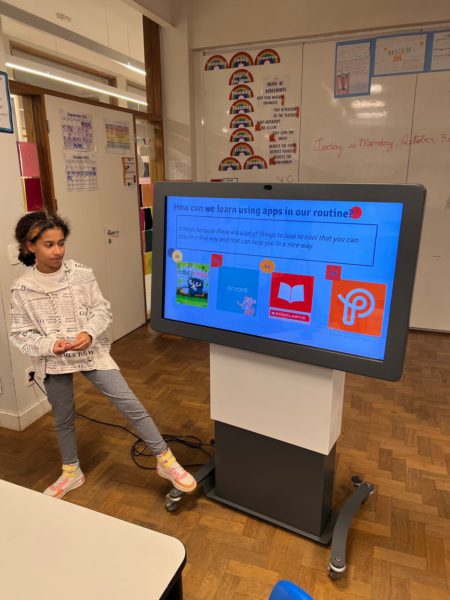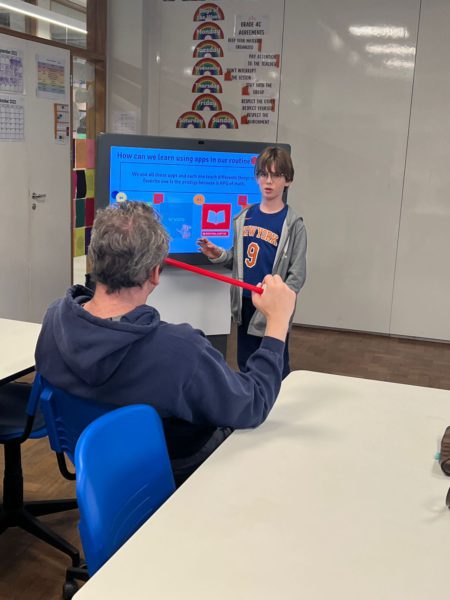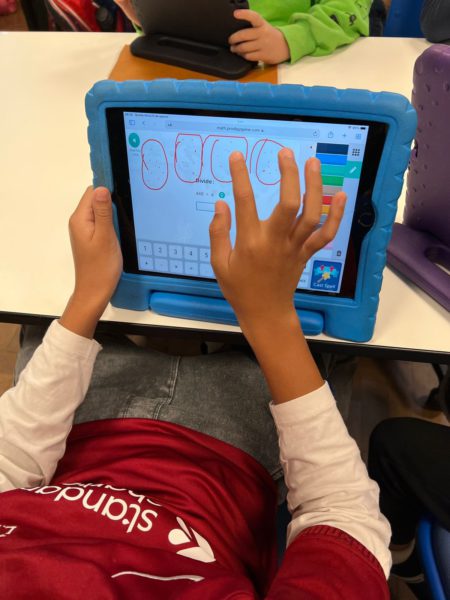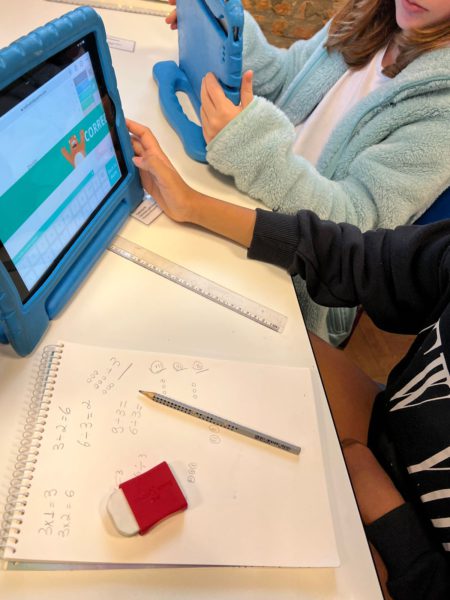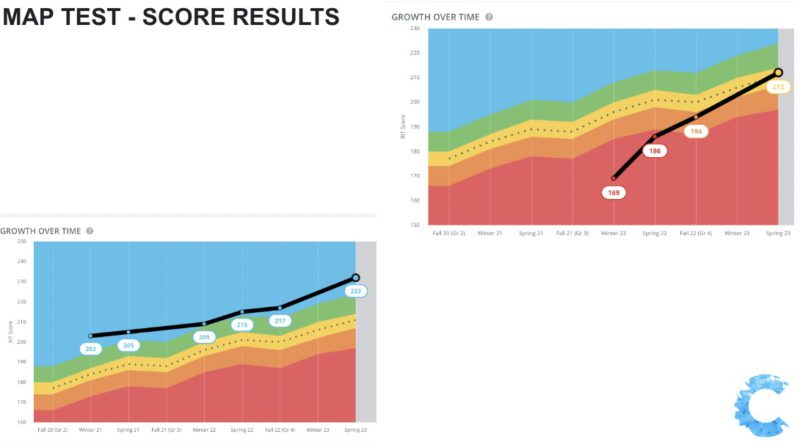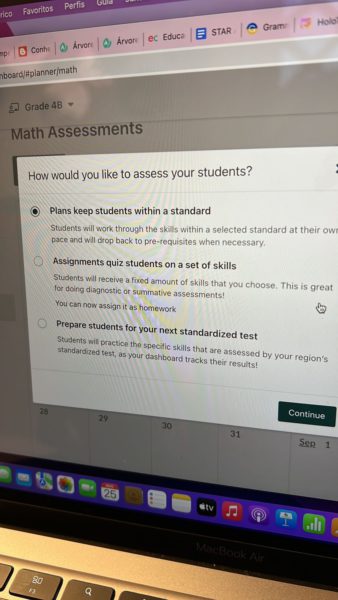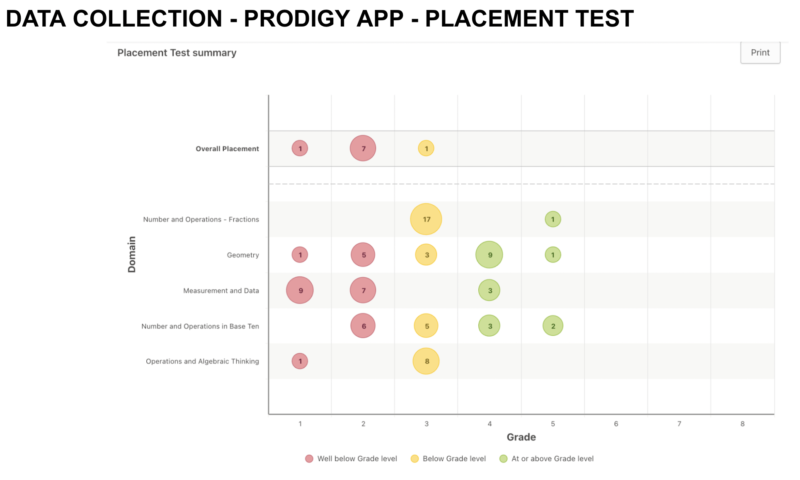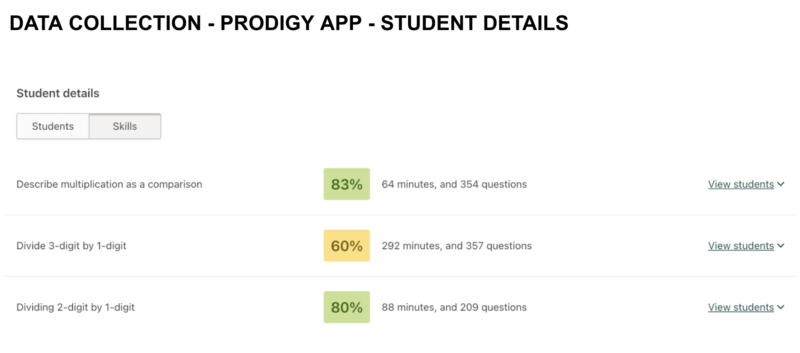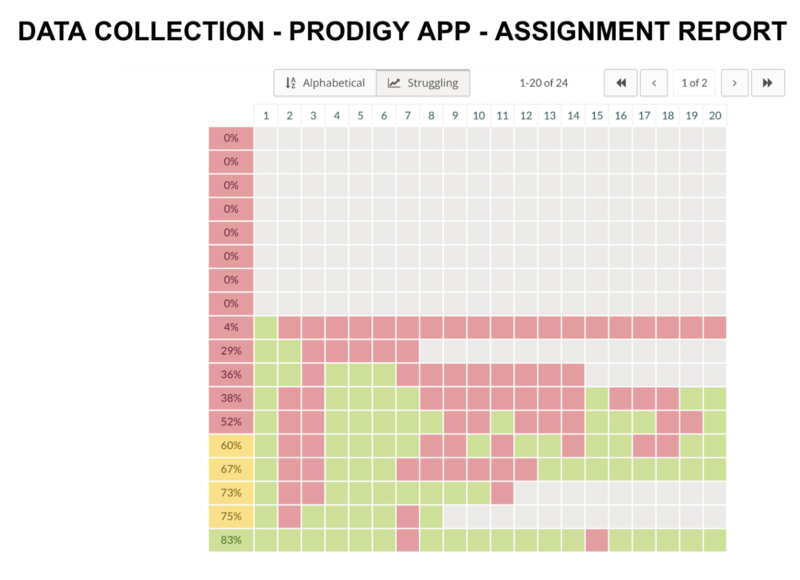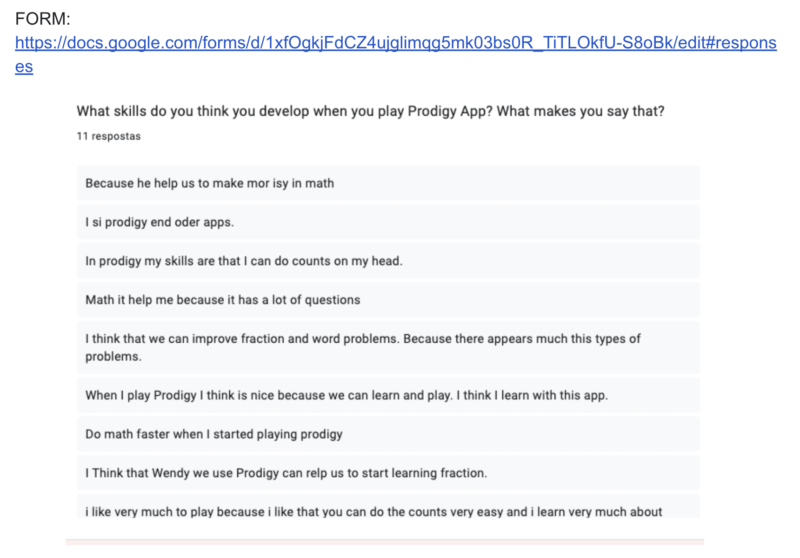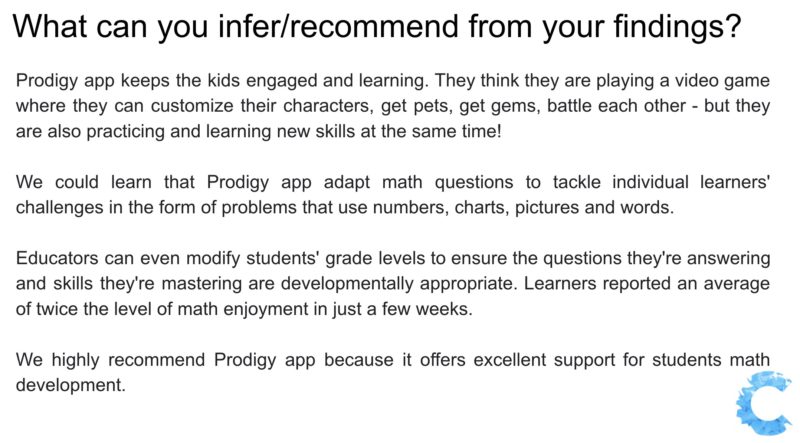Why using digital tools can really impact learners’ academic abilities? Check out our learning journey using the Prodigy app with Grade 4 learners!
How does using the Prodigy app game impact 4C learners' development of division math skills over 8 weeks?
General topic of interest
Games allow our learners to explore fundamental number concepts, such as counting sequences, one-to-one correspondence, and computation strategies. Engaging them with mathematical pedagogical games can encourage our learners to explore number combinations, place values, patterns, and other important mathematical concepts that sometimes, during our lessons, can discourage them from learning and don't focus. As digital fluency is one of Escola Concept's pillars, We believe the apps we use in our routine can help our learners improve and develop their math skills and enjoy math more, finding humor in it. We already know some research that says learners who had played educational math games improved individual test scores by 15 percent. Not only did the learners in this study enhance their understanding of the subject, but they also reported higher levels of self-efficacy for the math they studied daily.
Participants
Iris Trindade,Grade 4C Educator, and Yhan Vallone, Design Technologies Educator - Escola Concept São Paulo
Literature Review
'The term was created in 2002 by the British programmer and game developer Nick Pelling, corresponding to the use of logic and game dynamics to engage people in a learning context.'' ''Brougère (2002, apud BUENO, 2010) points out that “the game is not naturally educational but becomes educational by the methodological process adopted, that is, through games and games that the teacher can develop methodologies that contribute to development.”
Books : Gamificar - Como a gamificação motiva as pessoas a fazerem coisas extraordinárias - Brian Burke
Reality is broken - Why games make us better and how they can change the world - Jane McGonigal
Data collecting approach
Who are our learners?
We are Grade 4C - 25 learners from Escola Concept - São Paulo.
Data will be collected through written and oral responses of our learners' perceptions/performance and data analysis of reports provided by the applications.
During math proposals, we noticed that Grade 4C learners needed extra support to understand and apply division concepts in their activities.
As a practice tool to develop their calculation skills and engagement during math classes, we started using gamification and collecting data from the Prodigy app to analyze their performance/struggles/development during the research.
Data collection tools/resources
Forms with their most significant challenges and how they learn using the Prodigy app.
Data was collected from their MAP TEST scores.
Data collected in Prodigy app reports (placement test, home learning assignment, and assessment).
Written feedback was done in their digital portfolios during Student Led Conferences to support our learners' division math skills development over 8 weeks.
Data collecting example
- Students Survey (google forms)
- NWEA Map Test (standardized test)
- Prodigy (application)
- Digital Portfolio (google slides)
Emerging results
We noticed that gamification had intensified learning, including eliciting friendly competition.
It also helped them focus on exploration, making sense of new information, and skill acquisition.
We could see development in four main themes;
students' engagement and motivation
Increase of 80% from 40%
accessibility in the classroom
Increase of 85% from 30%
academic achievement
Increase of 75% from 45%
social connectivity
Increase of 80% from 30%
Reflections
Prodigy app keeps the kids engaged and learning. They think they are playing a video game where learners can customize their characters, get pets, get gems, and battle each other - but they are also practicing and learning new skills simultaneously!
The Prodigy app adapts math questions to tackle individual learners' challenges in the form of problems that use numbers, charts, pictures, and words.
Educators can modify learners' grade levels to ensure the questions they're answering and the skills they're mastering are developmentally appropriate.
Learners reported an average of twice the level of math enjoyment in just a few weeks.
We highly recommend Prodigy app because it offers excellent support for learners' math development.
Next steps
Our next steps are reflecting on our practices with learners, identifying their specific needs, and validating their journey to plan individual tasks and develop their skills using apps, games, and technologies to impact their learning effectively.
We believe that if we start assessing them at the beginning of the year, we could achieve even better results.



